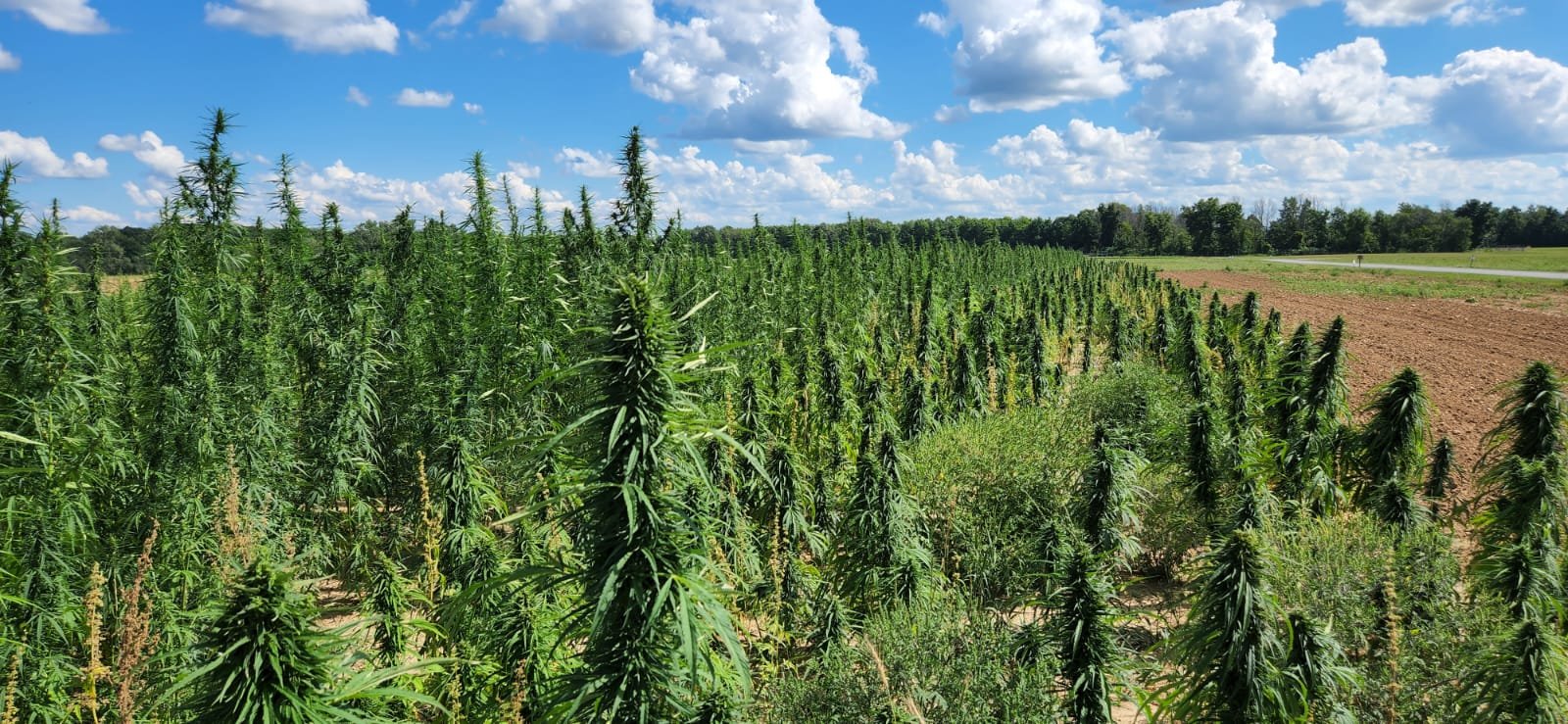Industrial Hemp: Green Gold for South Africa's Future
Introduction
In the quest for sustainable agriculture and economic diversification, South Africa turns to an ancient crop with modern potential: industrial hemp. This versatile plant is forging a path towards a greener, more resilient future. But what is industrial hemp, and how does it differ from its well-known cousin, cannabis?
What is Industrial Hemp?
Industrial hemp is a variety of the Cannabis sativa plant species that is grown specifically for industrial uses. Unlike cannabis, which is cultivated for its psychoactive properties due to high levels of THC (tetrahydrocannabinol), industrial hemp contains less than 0.3% THC, rendering it non-psychoactive. This crucial difference allows hemp to be grown legally in many parts of the world, including South Africa, where it holds great promise as a crop that can transform economies and ecosystems.
The Multifaceted Benefits of Hemp:
Industrial hemp is a powerhouse of sustainability. It's a renewable resource that can be harvested annually, and its benefits are manifold:
Environmental Impact: Hemp requires less water and pesticides than traditional crops, making it an environmentally friendly option.
Soil Health: Hemp has a deep root system that prevents soil erosion, enhances soil structure, and improves its fertility over time, making it a perfect candidate for crop rotation.
Carbon Sequestration: It absorbs more CO2 per hectare than most trees, contributing significantly to carbon farming efforts.
Versatility: Hemp can be used to produce a wide range of products, from textiles and building materials to biofuels, organic fertilizers, and nutritional supplements.
Economic Viability: The global hemp market is growing, presenting new opportunities for farmers and businesses involved in its diverse supply chains.
Why Grow Hemp in South Africa?
South Africa’s unique climate and abundant land make it an ideal place for growing hemp. The country's varied landscapes offer the perfect conditions for hemp cultivation, which can thrive in both the tropical and temperate regions. With a significant portion of the population dependent on agriculture, hemp presents an opportunity for economic development, job creation, and the revitalization of small-scale farming. Its growth can also contribute to the country’s goals of sustainable and inclusive economic progress.
Hemp vs. Cannabis: Clearing the Confusion: The critical difference between hemp and cannabis is the THC content. Industrial hemp's negligible THC levels mean it does not have the psychoactive effects associated with marijuana, making it safe and legal to grow for industrial purposes. This distinction is essential not only for regulatory reasons but also for public perception, as the benefits of hemp extend far beyond its association with cannabis.
Conclusion
Industrial hemp represents more than just an alternative crop; it symbolizes a step towards a more sustainable and prosperous South Africa. By embracing the growth of industrial hemp, South Africa can harness the benefits of a crop that nourishes the land it grows on, fosters economic development, and paves the way for a greener future. It's time to unlock the potential of this 'green gold' and weave it into the fabric of South Africa's growth story.
References: For those looking to dive deeper into the burgeoning world of industrial hemp, visit the South African Department of Agriculture for regulations and guidelines, and explore market reports from global hemp industry analysts for market insights.





